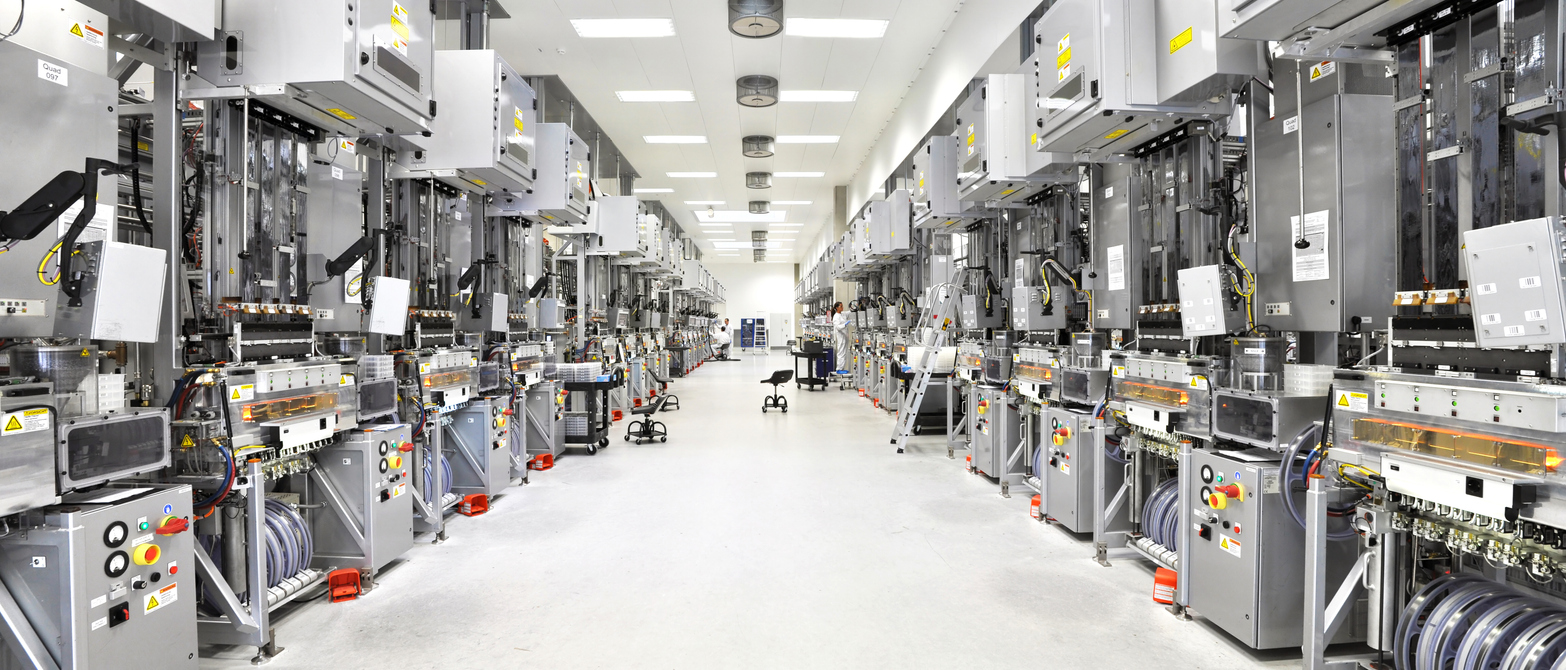The Power of Water Reclamation Systems in Ghana!
The Power of Water Reclamation Systems in Ghana!
Water scarcity is becoming an increasingly serious problem in many parts of the world, with some regions experiencing a double or even triple threat from one or more of the main types of water scarcity. Climate change poses an ongoing challenge for most areas, increasing the chances of droughts and reducing rainfall. In addition to this, there are greater demands on existing water sources – especially wells and other groundwater supplies – because of population growth, urbanisation and industrialisation. Unsustainable groundwater usage has limited its replenishment rate in most parts of the world. As a result, people are facing a new reality: they must find new ways to conserve water or face dire consequences. The repercussions range from economic hardship to drought conditions that lead to famine and disease pandemics.
Desertification and droughts
The Middle East, Sub-Saharan Africa and South Asia are the regions most affected by drought. Water scarcity is a complex and ever-present challenge in these areas, and climate change will only make it worse. In these arid areas, there is less precipitation, less groundwater and less water in general. This is due to a rising trend in temperatures and changing rainfall patterns. Higher temperatures cause greater rates of evaporation, so there is less moisture in the air. This means there is less rainfall in arid areas, and when it does rain, it doesn’t last long enough to be a useful source of water. As the world’s population continues to swell, fresh water resources are under increasing pressure. Areas that are already water-stressed are projected to get even drier, as precipitation patterns shift and demand for water grows. In addition to increasing scarcity, water is also less accessible in some areas, due to poor water management practices, such as over-pumping and poor drainage.
Limited Fresh Water Supply
According to the United Nations Children’s Fund (UNICEF), water scarcity affects more than 40% of the world’s population, with two-thirds of these people living in the Asia-Pacific region. In other words, almost 4 billion people have limited access to clean water. As the process of water reclamation improves, even more people can be helped. The UN also states that the world’s demand for water is projected to increase by 50% by 2030, on account of growing populations and rising living standards in developing countries. And with many countries already experiencing water shortages, the outlook is not positive. Water scarcity is among the major challenges that humanity will have to face in the 21st century. The most serious consequence of water scarcity is drought.
Marine Environment Scarcity
Water scarcity is not just a problem on land. Ocean water scarcity is a serious issue as well. Fisheries around the world are at risk, especially from overfishing. And many of these industries are also threatened by ocean acidification, caused by an increase in atmospheric carbon dioxide. Ocean acidification is a serious threat to marine ecosystems. It can make it harder for organisms to grow shells and skeletons, and can also alter their behaviour. As the oceans absorb CO2 from the atmosphere, it becomes less alkaline and more acidic. The pH level at which seawater becomes “acidic” is lower than you might think; it’s actually below 7. As the ocean becomes less alkaline, it absorbs less CO2 from the atmosphere. This is good, because it helps reduce climate change. But it also means that CO2 stays in the ocean for longer, which can slow down shell- and skeleton-building among marine creatures. This can have a big impact on the organisms that depend on the ocean for survival.
Industrial Scarcity and By-products Recovery
Industrial water scarcity means that certain industries are using more water than is available – or than is sustainable in an area. As a result, these industries are negatively impacting surrounding environments and communities. Industrial water scarcity can cause immense economic damage in some cases. For example, in California, where there is a water scarcity problem, the nut processing industry uses 10% of the state’s water supply. Another example is China, where the textile industry uses almost half of the country’s water supply. Industrial water scarcity can also cause environmental damage. Industrial water scarcity can be addressed by taking advantage of by-products that can be used instead of fresh water. For example, one of the largest industrial uses of water is in the process of making biofuels. However, a water reclamation system can be used to reclaim the water that would otherwise be wasted.
How TDS can help: Reclaiming water to combat scarcity
There are a few ways to combat water scarcity, but water reclamation systems are one of the best solutions. They can be used in a variety of ways: They can be used to treat wastewater, which can then be reused in a variety of ways, from irrigation to power generation. They can also be used to treat greywater, which is water that comes from household sources other than toilets, such as washing machines and showers. Seniors and people with disabilities can benefit from water reclamation systems. Disabled people can use a water reclamation system to retrofit their toilet, while seniors can use a sink water reclamation system, which is installed next to the kitchen sink and filters out impurities, making it safe to drink. Water reclamation systems can also help in areas where water is scarce, such as arid regions.
Sustainable Development through Water Reuse
The benefits of water reclamation systems are many and varied. They help create energy and prevent flooding, and they also provide a reliable source of water for people and industries. Water reclamation systems also have a positive impact on the environment and on the economy. They help prevent the contamination of groundwater, which has become a serious problem in many countries. This contamination is often caused by the improper disposal of wastewater from industries, cities and suburbs. Reclaimed water is not only an important source of water for irrigation, it is also an important source of revenue for many utilities. Water reclamation systems are being increasingly used in industrial parks, and can be used in conjunction with recycled water to provide an affordable and reliable water supply for many different kinds of industries.
Conclusion
Water scarcity is becoming a more serious problem in many parts of the world. It can be caused by a number of factors, including warming temperatures, a decrease in rainfall, and an increase in demand. To combat water scarcity, it is important to use water more efficiently and find new ways to reclaim water. Water reclamation systems are one of the best ways to do this.








LEAVE A COMMENT
You must be logged in to post a comment.